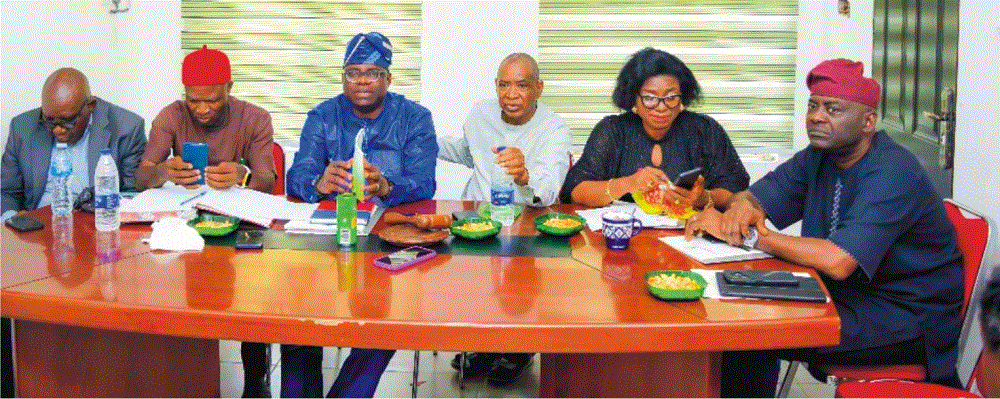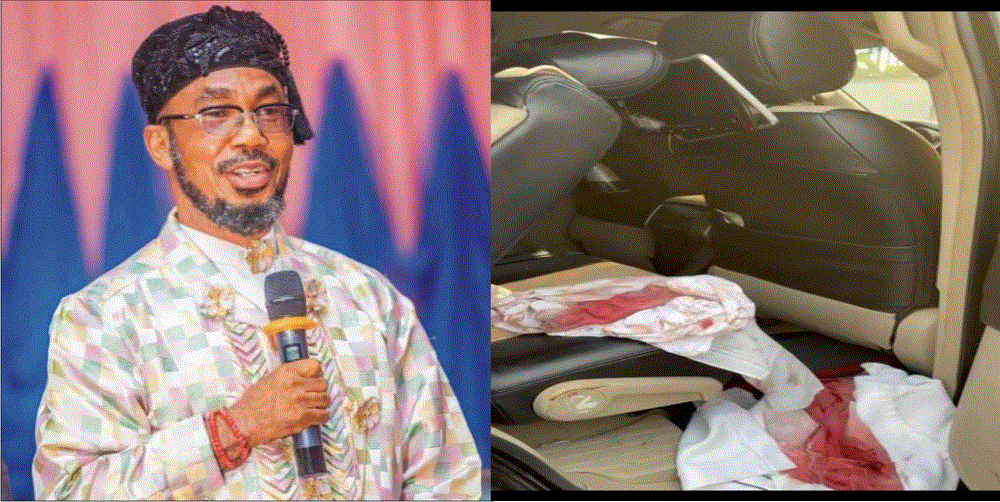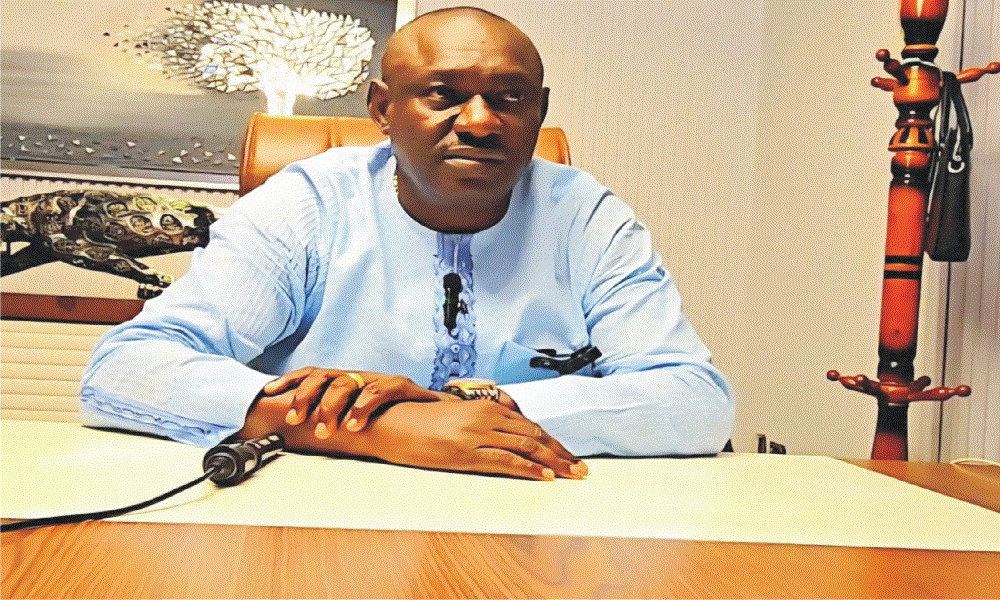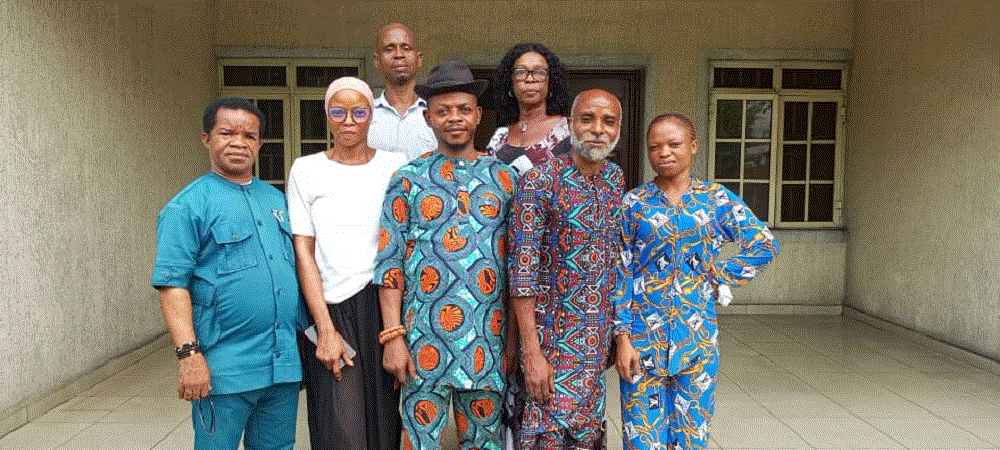NIOB President Calls For Innovation, Entrepreneurship In Housing Delivery

The President of the Nigerian Institute of Building (NIOB), Bldr. Daniel Abimbola Kolade, FNIOB, has called on Nigerian builders to embrace innovation and entrepreneurship as key drivers for addressing the nation’s housing deficit.
Speaking at the inaugural council meeting of the Institute held at its National Secretariat in Abuja in his speech themed, “Innovation and Entrepreneurship: Key Driver to Housing Delivery,” the NIOB President said the Institute is poised to lead transformative change in the nation’s housing delivery system.
Bldr. Kolade described the meeting as a strategic platform for redefining NIOB’s policy direction for the next two years, stressing that the housing challenge presents both a national problem and a professional opportunity.
“We, as custodians of building production management, must reposition ourselves not only as technical experts but as innovators, entrepreneurs, and national solution providers,” he stated.
He emphasized that innovation must now be embedded in the professional DNA of builders, urging practitioners to embrace sustainable technologies, research-based construction methods, and digital project management tools.
According to him, the Institute will promote innovation through research collaborations, innovation labs, and pilot projects that showcase emerging construction techniques.
On entrepreneurship, Bldr. Kolade noted that competence alone was no longer sufficient, and that builders must evolve into enterprise creators capable of driving employment and economic growth through construction-based ventures.
He further outlined the Institute’s five key policy pillars for the next two years, to include innovation and research; entrepreneurial development; professional regulation and ethics; advocacy and policy influence; capacity building and youth empowerment.
The NIOB President also paid tribute to past leaders of the Institute for laying the foundation upon which the current administration will build, saying leadership must go beyond preservation to purposeful expansion.
“If we can harness innovation, embrace entrepreneurship, and strengthen our professional unity, we will not only close the housing gap — we will redefine the standards of housing delivery in Africa,” he affirmed.
He called on builders nationwide to view themselves as not only craftsmen but nation builders, visionaries, and entrepreneurs committed to delivering sustainable housing and national development.
The NIOB President earlier led the National Council members to a site visit to the NIOB construction site at Idu, Abuja.




